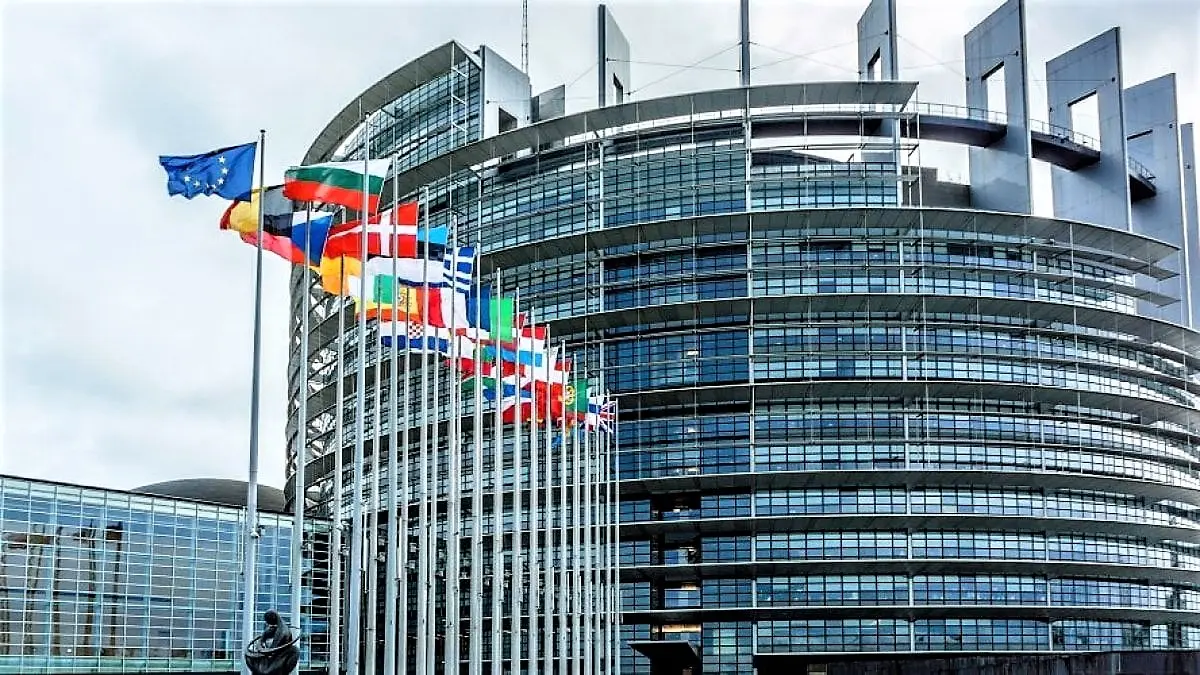
Do you want to access to this and other private contents?
Log in if you are a subscriber or click here to request service
Nutritional label: roundtable at the European Parliament
Organised by the Italian Permanent Representation to the European Union

The Italian Permanent Representation to the European Union organised on 26th Octuber at the European Parliament the “Politics meets Nutrition Science” roundtable hosted by Vice President hon. Pina Picierno under the auspices of the Italian delegations of the European Parliament’s political groups. The European Commission is expected to propose an harmonised EU front-of-pack labelling scheme in 2023...
red - 27290
EFA News - European Food Agency
EFA News - European Food Agency